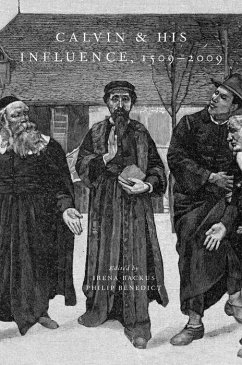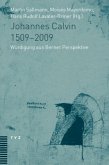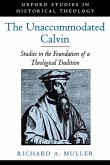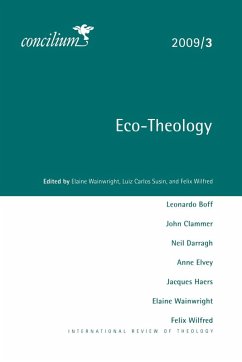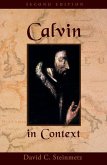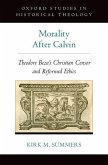Who was John Calvin and why is he still read five hundred years after his birth? In this volume an international and interdisciplinary group of leading specialists explores both the reasons for Calvin's enduring influence and the story of his reception across five centuries. The book's initial essays lay bare features of his ideas, his work as a church reformer, and his manner of presenting himself in his books and letters that clarify his impact both in his lifetime and after his death. The second half of the volume examines how he was read, perceived, and appropriated in different times and places from the seventeenth century to the present. If Calvin's writings were widely cited by leading Reformed theologians in the generations immediately after his death, they receded from view in the eighteenth century. What was most often recalled was his role in the burning of Michael Servetus, for which he was widely criticized in those quarters of the Reformed tradition now attached to the idea of toleration or the ideal of a free church. In the nineteenth and twentieth centuries, his theology was recovered again in a variety of different contexts, while scholars drew his treatises and letters together into the monument to his life and work that was the Opera Calvini and undertook major studies of his life and times. Church movements claimed the label "Calvinist" for themselves with insistence and pride, whereas before the term had been derogatory. The movements that identified themselves as Calvinist nonetheless varied considerably in the manner in which they understood or misunderstood Calvin's thought. Calvin and His Influence, 1509-2009 should become the starting point for further reflection about Calvin's impact in his own time and throughout the subsequent history of Calvinism, as well as, more broadly, about the relationship between leading figures of the Reformation and the traditions subsequently associated with their names.
Hinweis: Dieser Artikel kann nur an eine deutsche Lieferadresse ausgeliefert werden.
Hinweis: Dieser Artikel kann nur an eine deutsche Lieferadresse ausgeliefert werden.

